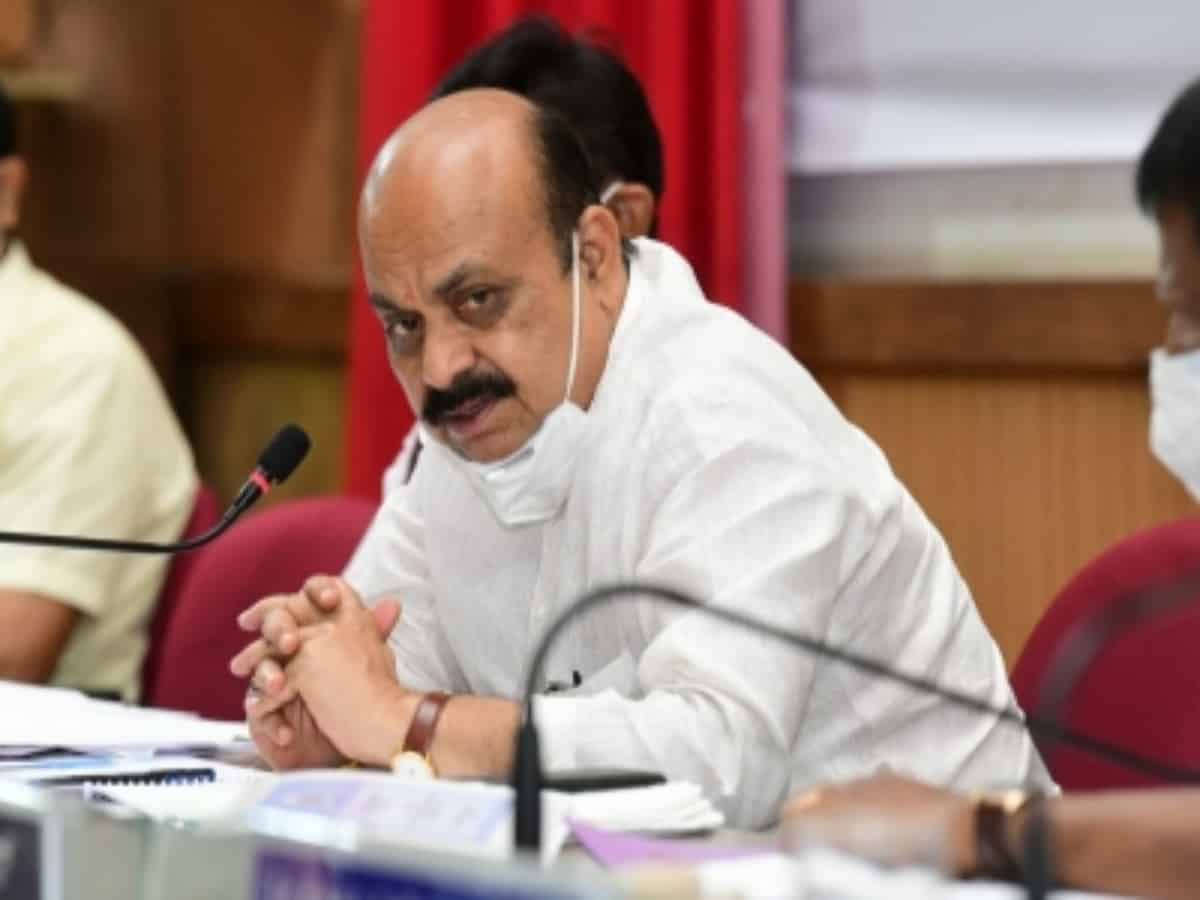
The Karnataka state government on Thursday introduced an anti-conversion law through the ordinance route, chief minister Basavaraj Bommai said while speaking to reporters on Thursday. The Bharatiya Janata Party-led government took this route as the Assembly and Council were suspended.
Also, the BJP government was also unable to show a majority in the upper house of the state legislature, which is why it passed an ordinance instead.
Speaking to reporters, Bommai, according to a Deccan Herald report, said, “Since the assembly session is not going on, we are bringing the anti-conversion bill through an ordinance and it will be introduced in the cabinet meeting.”
India Today also quoted Karnataka law minister J C Madhuswamy on the issue, who said, “We’ve taken a decision to go in for ordinance for the anti-conversion law. We will not call it anti-conversion law but the Protection of Right to Freedom of Religion Bill. Without any amendments whatever was passed in the Assembly will be made as an ordinance. In the near future, we are not looking at an assembly session again, we didn’t want to keep it in the dark.”
Otherwise known as the Karnataka Protection of Right to Freedom of Religion Bill, it was passed in the Legislative Assembly in December 2021. However, it was pending as the state government was one vote short of a majority.
The controversial bill prohibits religious conversions through marriages or inducement such as free marriages, employment etc among others. If one wants to convert to another religion, the district authorities have to be notified one month before.
Having failed to do so, the bill proposes imprisonment of 3 to 5 years with a fine of Rs 25,000/- for “forced” conversions. Converting a minor, woman or an SC/ST person will attract a jail term of 3 to 10 years, with a Rs 50,000 fine. Mass conversions will attract 3-10 years of jail time, with a fine of up to Rs 1 lakh.
If the state government succeeds in passing the bill, then it will become the tenth Indian state to enact the law. Presently the controversial law presides in nine states in India – Uttar Pradesh, Himachal Pradesh, Gujarat, Chhattisgarh, Odisha, Madhya Pradesh, Arunachal Pradesh, Uttarakhand, and Jharkhand.
Meanwhile the state Congress leader DK Shivkumar has called the move by the state government as unconstitutional and communal.



